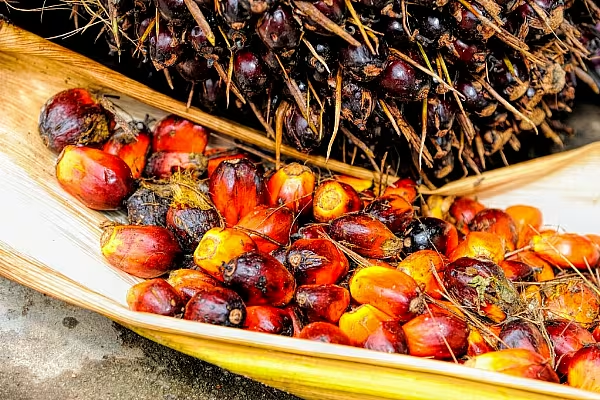Tropical commodities including palm oil are favoured over gold and copper in the second half, according to Oversea-Chinese Banking Corp., which warned of rising risks to farm supplies from the El Nino weather pattern.
Palm oil was seen at 2,300 ringgit ($609) a metric ton in the final quarter, from 2,253 ringgit on Thursday, analyst Barnabas Gan wrote in a report. Gold will probably tumble to $1,050 an ounce as higher U.S. borrowing costs strengthen the dollar, said Gan, who’s the most-accurate forecaster for precious metals according to Bloomberg Rankings.
El Ninos have the potential to affect weather and harvests worldwide by baking Asia, dumping rain across South America and bringing cooler summers to North America. This year’s event, the first since 2010, poses a risk to the global economy as it may harm crops and boost inflation, according to Citigroup. Rice may rally in the second half if supplies get parched in many countries, Duangporn Rodphaya, director-general at Thailand’s Department of Foreign Trade, said on Wednesday.
“With the introduction of El Nino, weather extremities have already dealt drought pangs in Thailand,” Gan wrote. The country is the world’s top rice shipper. Agricultural commodities like palm oil and coffee are likely to see supply shocks should poor weather be seen, he wrote.
In the coming months, weather events driven by the El Nino may take centre stage in determining the price of palm oil and related commodities, Ivy Ng, an analyst at CIMB Investment Bank Bhd., wrote in a report on Wednesday. Malaysia’s palm oil shipments probably climbed in June amid restocking by some customers on the back of El Nino concerns, she said.
Bloomberg News, edited by ESM











